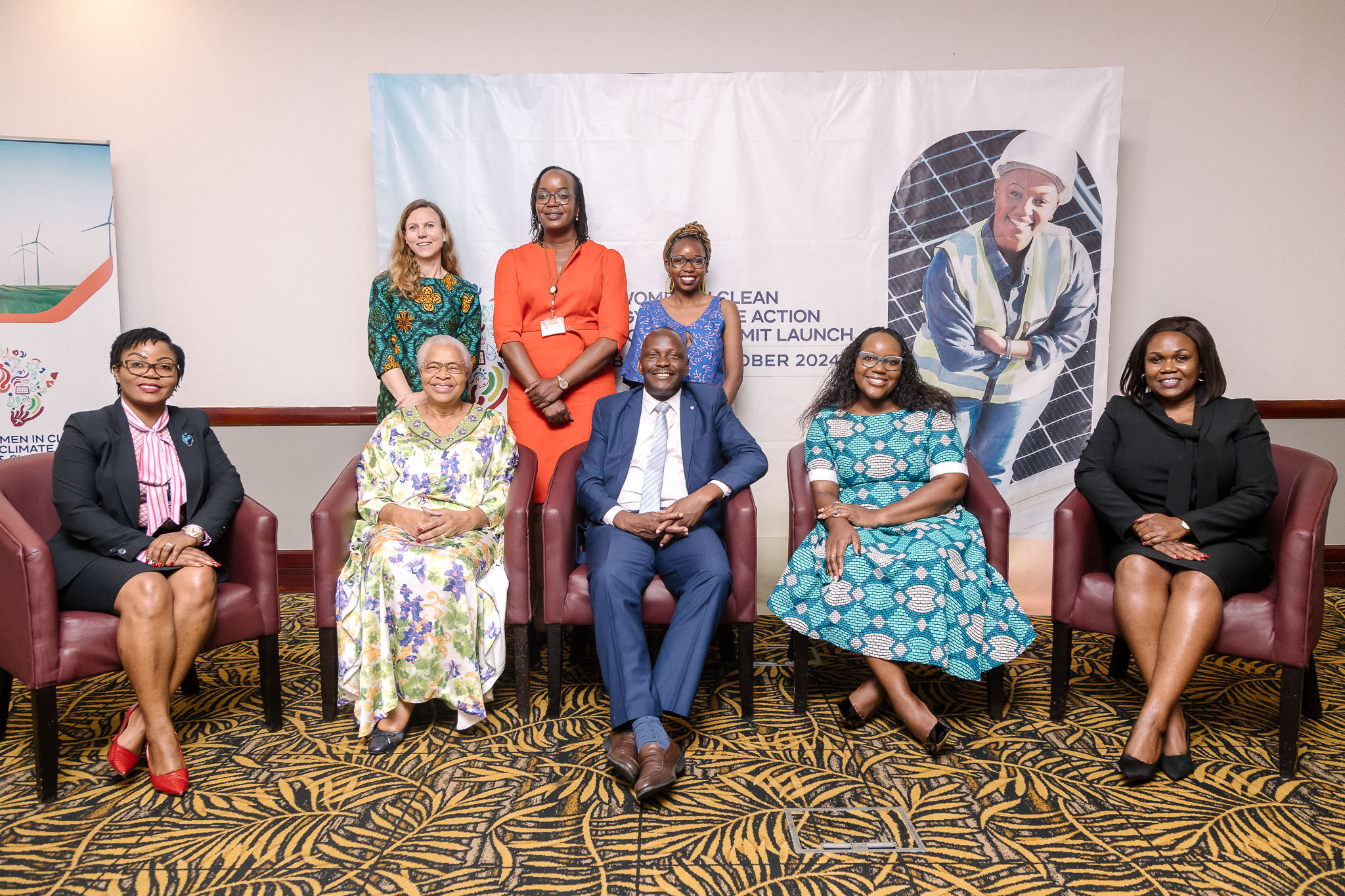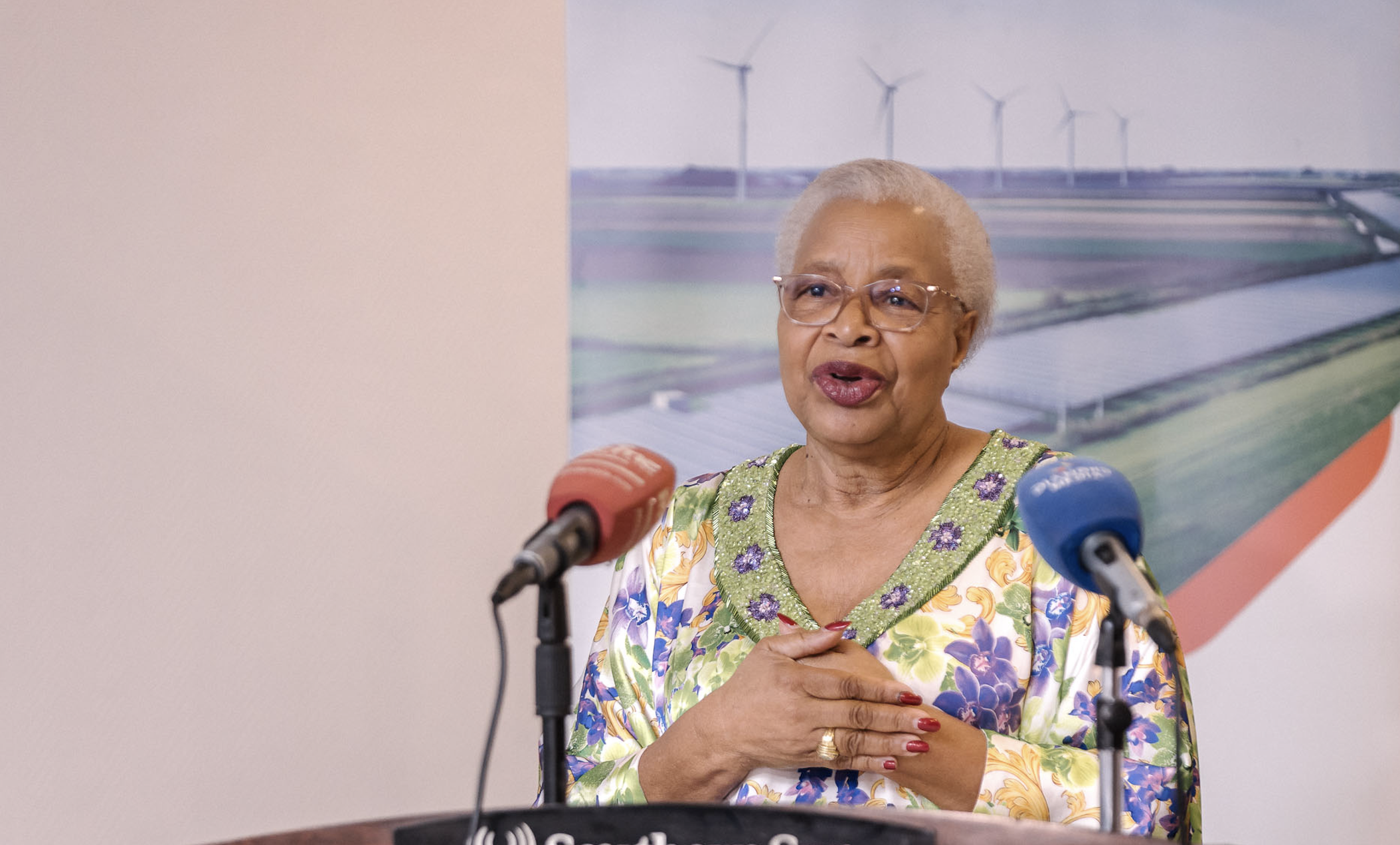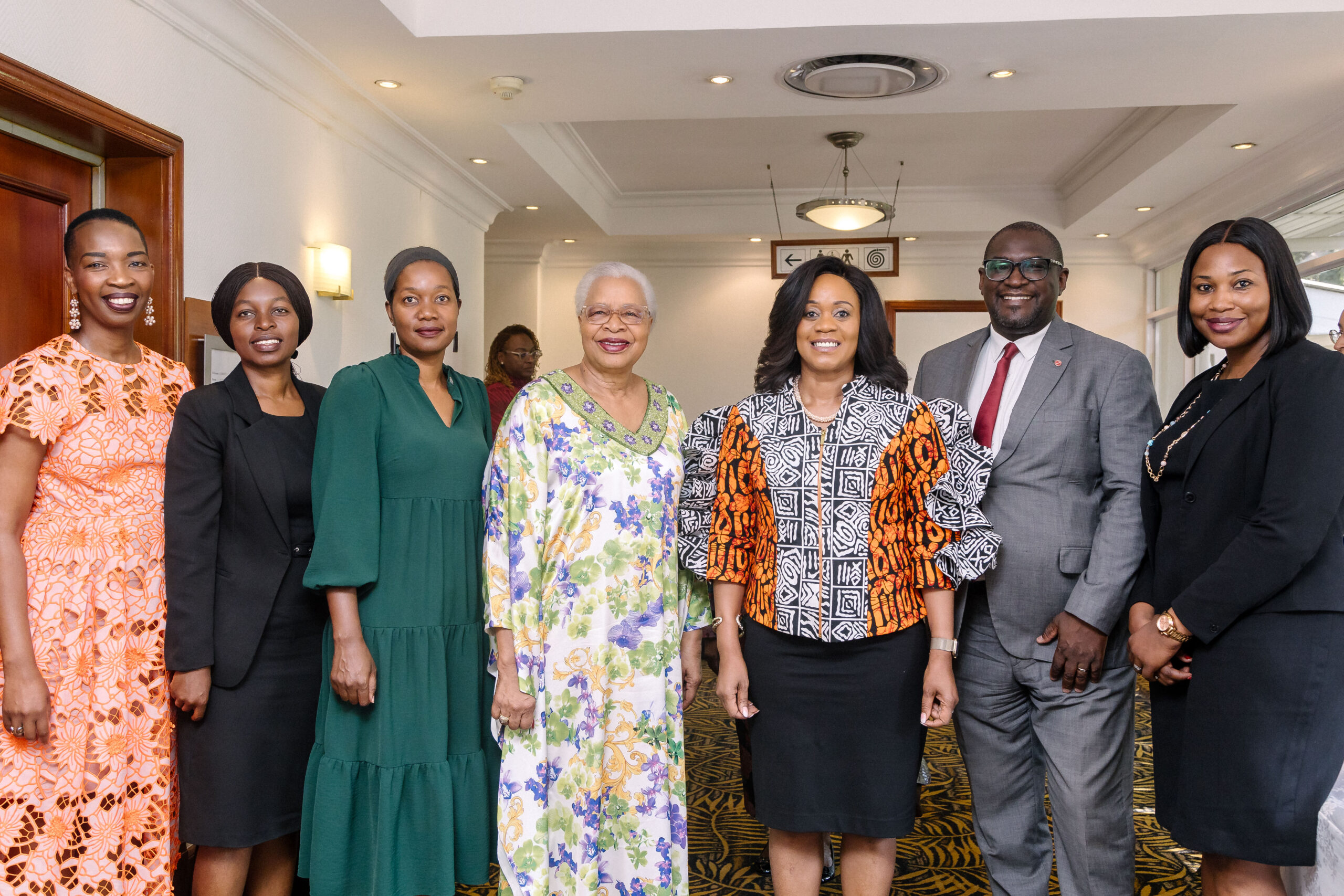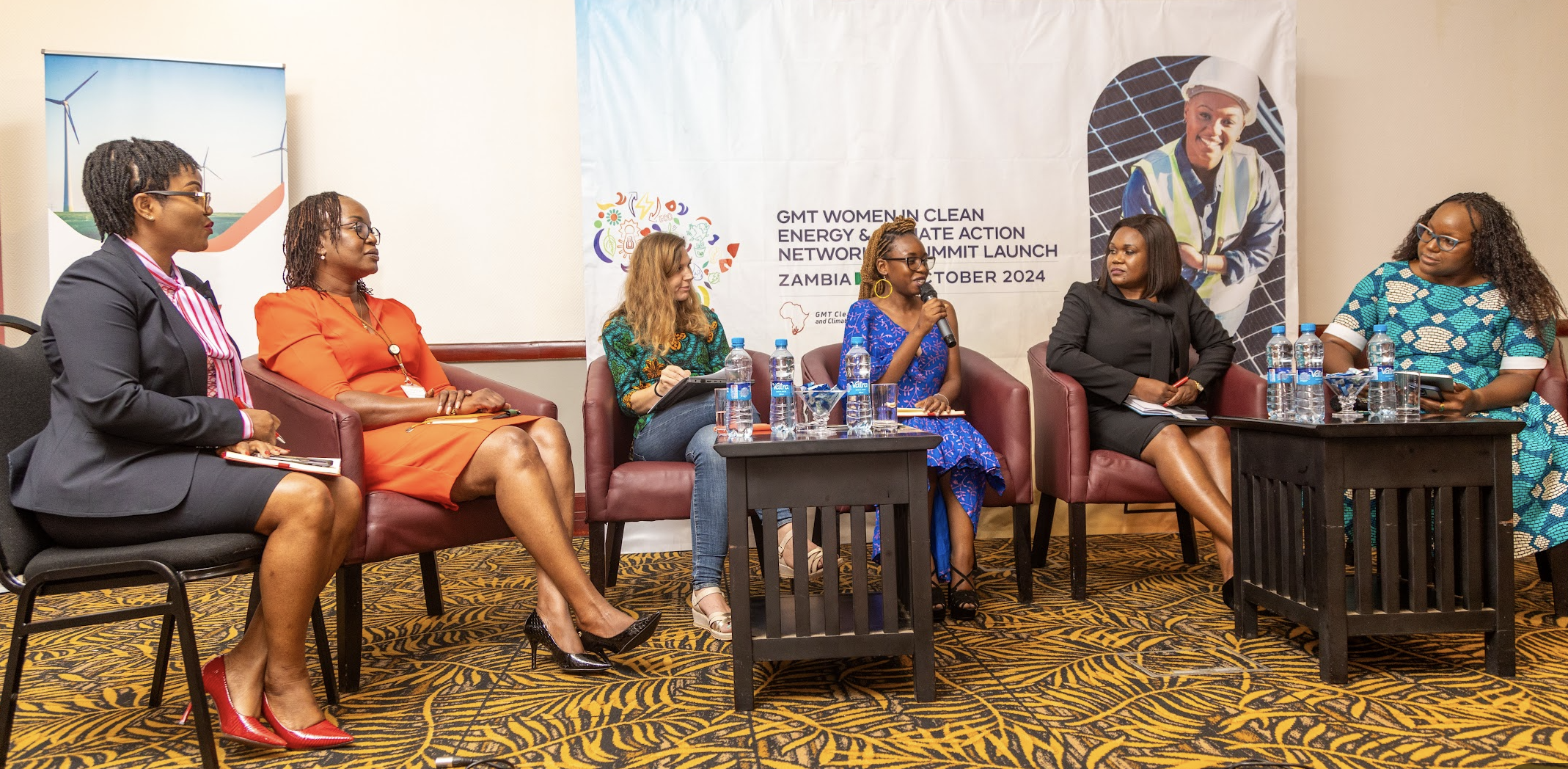Zambia is currently grappling with an energy crisis impacting economic growth and daily life across the nation. Recognising the untapped potential of women to drive change, the Graça Machel Trust launched the GMT Energy and Climate Action Network Summit in Lusaka to position women as leaders in addressing the country’s energy challenges. According to the International Renewable Energy Agency, transitioning to a sustainable energy future could create over 8 million jobs across Africa by 2050. This presents an opportunity to tackle unemployment and promote inclusive economic growth, especially for the continent’s growing youth population.
The Trust has established networks of women across various economic sectors to contribute to these efforts. In Zambia, where the energy crisis is particularly pressing, this is more critical than ever. By creating platforms where women can share experiences, build influence, and collaborate, the Trust is helping women amplify their role as catalysts for change in clean energy and climate action. The recent summit gathered women entrepreneurs, industry professionals, policymakers, civil society representatives, ministers, government officials, Deputy Governor, and private sector representatives, all dedicated to shaping Zambia’s energy future.

Mrs. Graça Machel, the Trust’s founder, urged women to go beyond mere participation and take the lead in Zambia’s clean energy transformation, highlighting the essential role of energy and women’s leadership. “Africa holds vast potential for green energy,” she said. “Tapping into this potential is not just an environmental necessity but a massive economic opportunity. The future of Zambia’s energy sector cannot be shaped without the full participation of women as innovators, entrepreneurs, leaders, and consumers.”

Mobilising for change: Voices from the frontlines
The summit brought together leading experts and influential leaders who are critical in addressing Zambia’s energy challenges and championing initiatives that contribute significantly to progress.

Among the distinguished attendees were Honorable Makozo Chikote, Zambia’s Minister of Energy and Member of Parliament; Dr. Tukiya Kankasa-Mabula, a prominent advocate for financial inclusion and a member of the Trust’s Expert Leaders Group; Ms. Maureen Sumbwe, CEO of the Zambia Federation of Associations of Women in Business (ZAFWIB); Eunice G. Kamwendo from the United Nations Economic Commission for Africa; Ms. Mizinga Melu, CEO of Absa Bank Zambia; Nambula Kachumi, Chair of African Women in Energy and Power (AWEaP) Zambia; along with representatives from GMT networks, other women’s networks, development partners, and energy sector stakeholders.

Ms. Melu highlighted the importance of inclusive financing and the private sector’s role in promoting inclusivity within the energy sector. “Financial institutions must tailor solutions that enable women, youth, and persons with disabilities to participate fully in the energy sector,” she said. She advocated for innovative financing models and mentorship programs to eliminate barriers to entry.

Ms Shiphra Chisha, Director of Programmes at the Trust, outlined the Trust’s vision for clean energy and climate action, emphasising the importance of removing systemic barriers for women and girls. “The GMT Clean Energy and Climate Action strategy aims to drive, with our partners, an inclusive and equitable clean energy solution across Africa, with a special focus on women, youth, and persons with disabilities,” she stated. She added, “The Trust recognises the transformative role that clean energy can play in economic development and climate resilience. Our efforts are designed to support women so that they are at the forefront of this transformation.”
The Women Leaders for Climate Action (WLCA) also actively contributed to the summit’s discussions. WLCA’s Prudence Muchinouta delved into the opportunities and challenges facing Zambia’s evolving energy landscape. Members like Ms. Melu and Ms. Nambula Kachumi played significant roles in reinforcing the collective commitment to advancing sustainable solutions in clean energy and driving transformative climate action.

These discussions underscored the importance of collaboration with experts and leaders committed to advancing Zambia’s energy sector through inclusive, tangible action. Panelists, including entrepreneurs, civil society leaders, and policymakers, addressed key challenges such as the need for accessible financing, policy reform, and community engagement. Industry pioneers shared their determination to create a supportive environment for women, while government officials emphasised their commitment to inclusive policies and regulatory reforms. Speakers urged stakeholders to work together for a sustainable energy future, with commitments to support women, youth, and vulnerable communities.
Ms Bertha Dlamini, Group CEO of Rito Group, presented the GMT Women in Clean Energy and Climate Action Network Strategy. She emphasised the need for a collaborative platform where women can share experiences, access resources, and influence policy. “Our goal is to create a robust network supporting women-owned energy businesses and positioning women in leadership roles across the sector,” she explained.










 The Trust supports and mobilises civil society networks on issues of ending child marriage, ending violence against children, ending female genital mutilation and promoting children’s rights, to carry out advocacy and action across Africa. Special focus is placed on Malawi, Mozambique, Tanzania and Zambia where child marriage continues to be a problem largely driven by poverty, gender inequality, harmful traditional practices, conflict, low levels of literacy, limited opportunities for girls and weak or non-existent protective and preventive legal frameworks.
The Trust supports and mobilises civil society networks on issues of ending child marriage, ending violence against children, ending female genital mutilation and promoting children’s rights, to carry out advocacy and action across Africa. Special focus is placed on Malawi, Mozambique, Tanzania and Zambia where child marriage continues to be a problem largely driven by poverty, gender inequality, harmful traditional practices, conflict, low levels of literacy, limited opportunities for girls and weak or non-existent protective and preventive legal frameworks.




 Education is a fundamental right for all children, which is also a vehicle for social, economic and political transformation in communities, countries and the African continent at large. Recent studies indicate a lack of progress in some of the critical commitments aimed at improving education quality, access, retention and achievement, particularly for girls. In most African countries, girls may face barriers to learning, especially when they reach post-primary levels of education. By implementing multi-dimensional approaches to education which includes core education, personal development, life skills and economic competencies, the Trust partners with funding partners, governments, civil societies and the private sector to improve education access.
Education is a fundamental right for all children, which is also a vehicle for social, economic and political transformation in communities, countries and the African continent at large. Recent studies indicate a lack of progress in some of the critical commitments aimed at improving education quality, access, retention and achievement, particularly for girls. In most African countries, girls may face barriers to learning, especially when they reach post-primary levels of education. By implementing multi-dimensional approaches to education which includes core education, personal development, life skills and economic competencies, the Trust partners with funding partners, governments, civil societies and the private sector to improve education access.

 The Nutrition and Reproductive, Maternal, New-born, Child and Adolescent Health and Nutrition, (RMNCAH+N) of the Children’s Rights and Development Programme aims at promoting the Global Strategy for women, children and adolescents’ health within the Sustainable Development Goals (SDG) agenda. The strategy emphasises on the importance of effective country leadership as a common factor across countries making progress in improving the health of women, children and adolescents.
The Nutrition and Reproductive, Maternal, New-born, Child and Adolescent Health and Nutrition, (RMNCAH+N) of the Children’s Rights and Development Programme aims at promoting the Global Strategy for women, children and adolescents’ health within the Sustainable Development Goals (SDG) agenda. The strategy emphasises on the importance of effective country leadership as a common factor across countries making progress in improving the health of women, children and adolescents. Through its Early Childhood Development (ECD) plan, The Trust will seek to put into action the new science and evidence Report that was presented by Lancet Series on Good and early development – the right of every child. This will be achieved by mobilising like-minded partners to contribute in the new science and evidence to reach all young children with ECD. The Trust’s goal is to be a catalyst for doing things differently, in particular, to rid fragmentation and lack of coordination across ECD sectors. In response to evidence showing the importance of political will in turning the tide against the current poor access and quality of ECD. Even before conception, starting with a mother’s health and social economic conditions, the early years of a child’s life form a fundamental foundation that determines whether a child will survive and thrive optimally.
Through its Early Childhood Development (ECD) plan, The Trust will seek to put into action the new science and evidence Report that was presented by Lancet Series on Good and early development – the right of every child. This will be achieved by mobilising like-minded partners to contribute in the new science and evidence to reach all young children with ECD. The Trust’s goal is to be a catalyst for doing things differently, in particular, to rid fragmentation and lack of coordination across ECD sectors. In response to evidence showing the importance of political will in turning the tide against the current poor access and quality of ECD. Even before conception, starting with a mother’s health and social economic conditions, the early years of a child’s life form a fundamental foundation that determines whether a child will survive and thrive optimally.